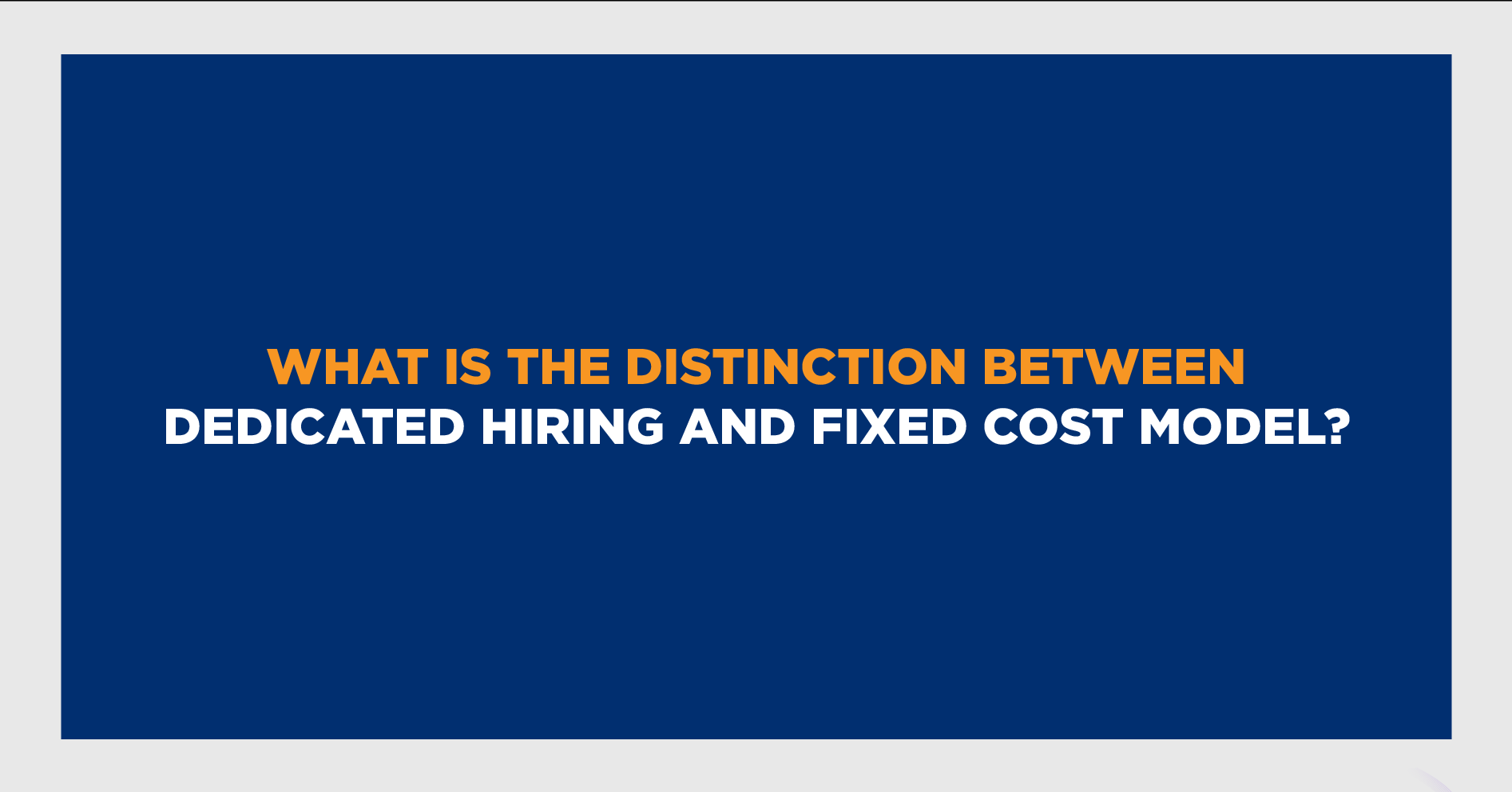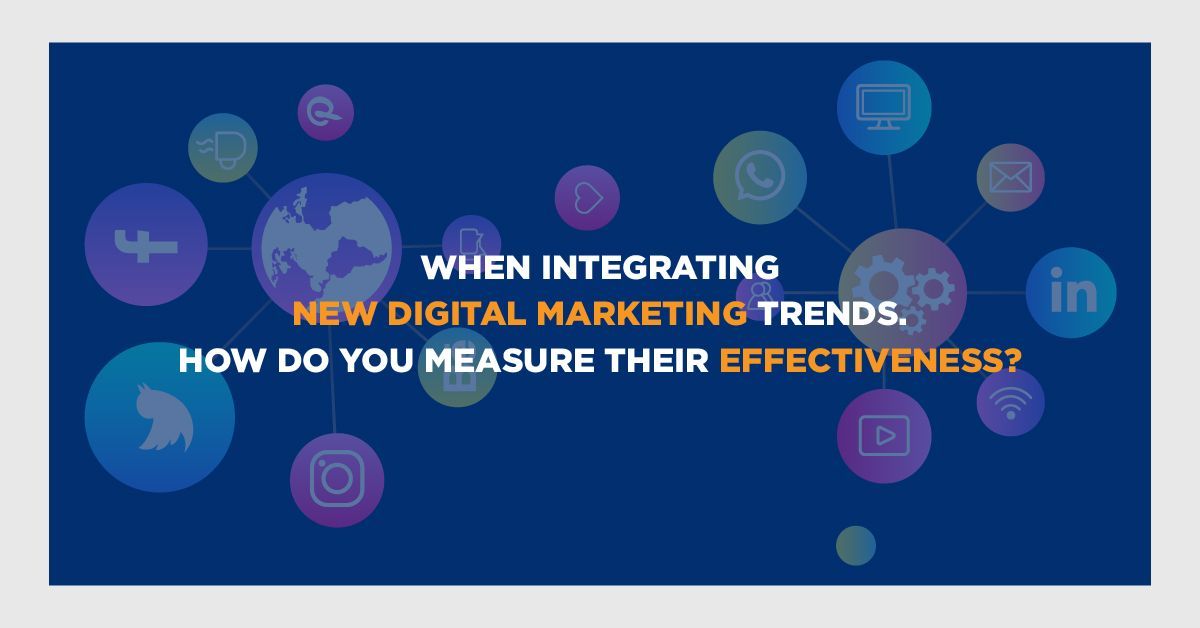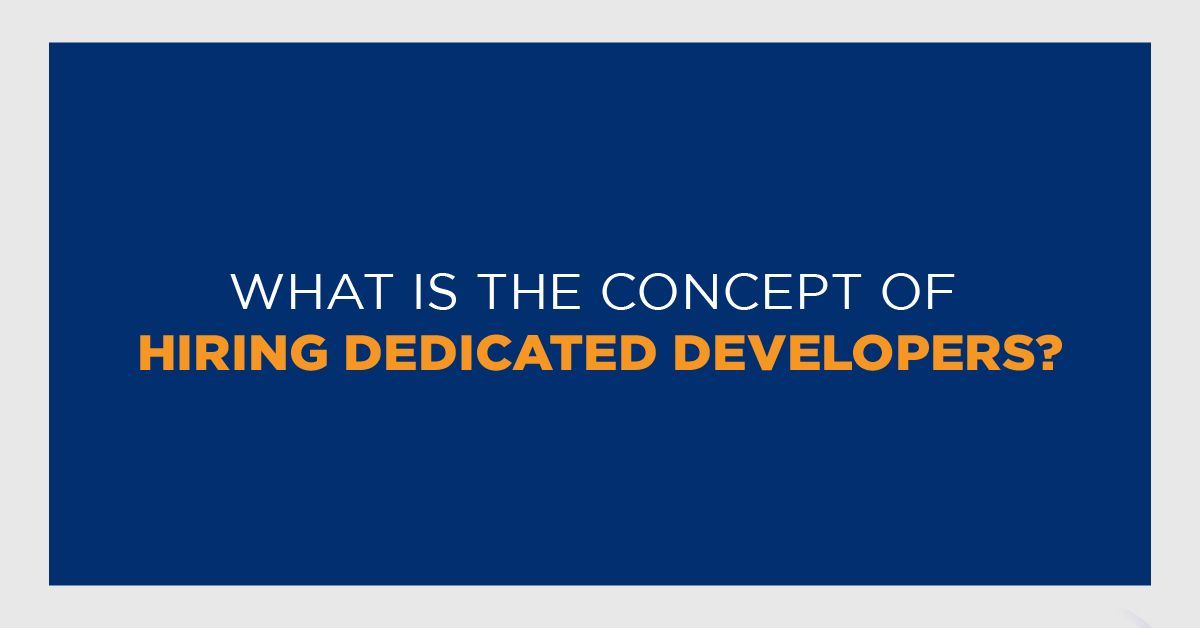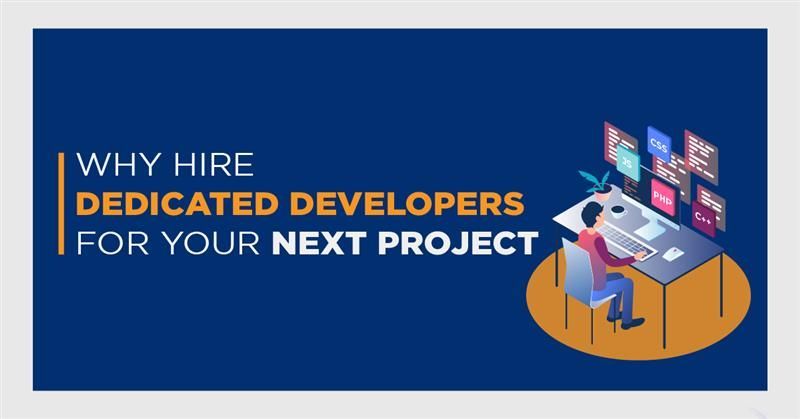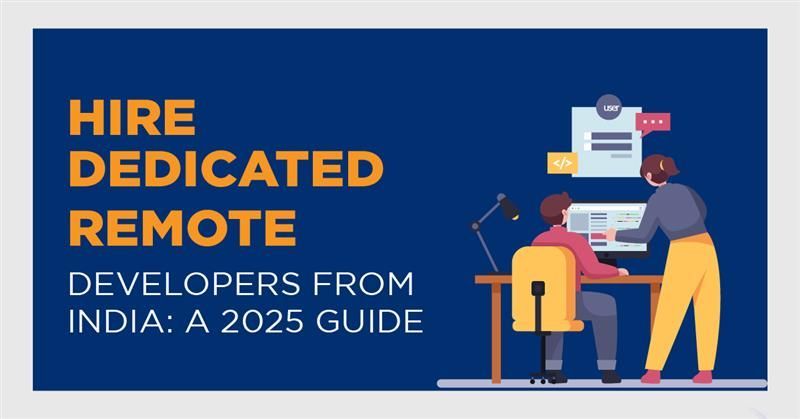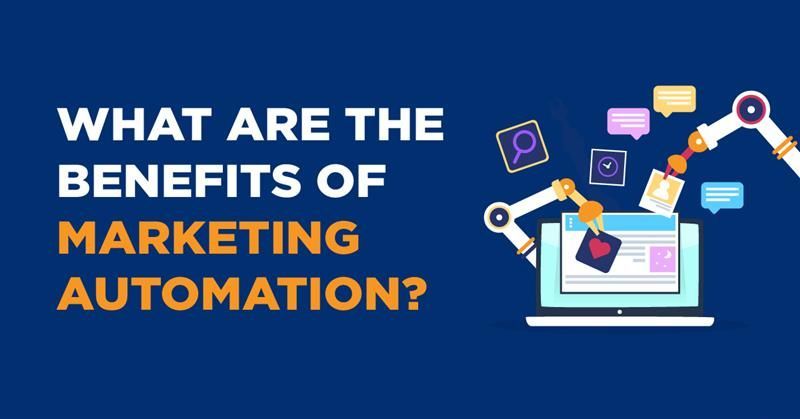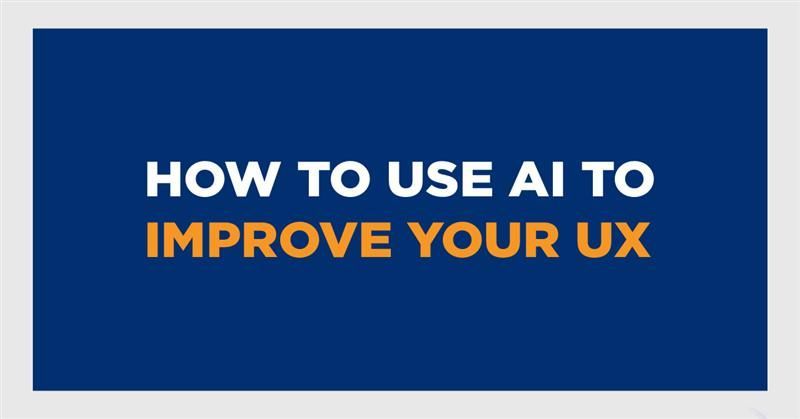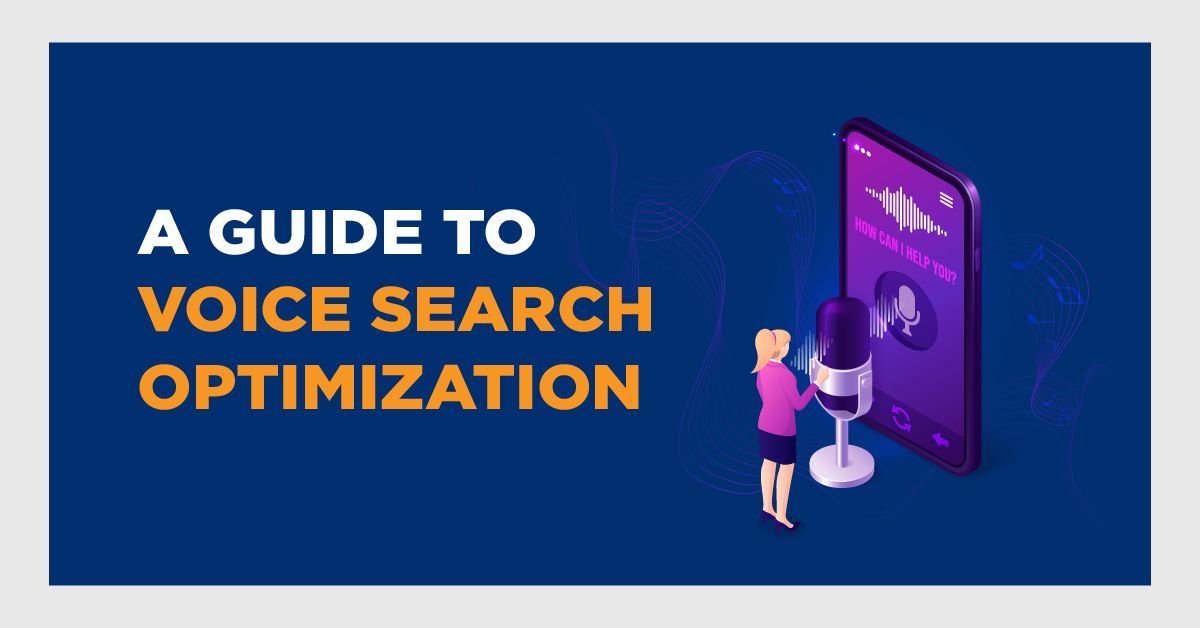How to Create an AI Digital Marketing Strategy
September 24, 2024
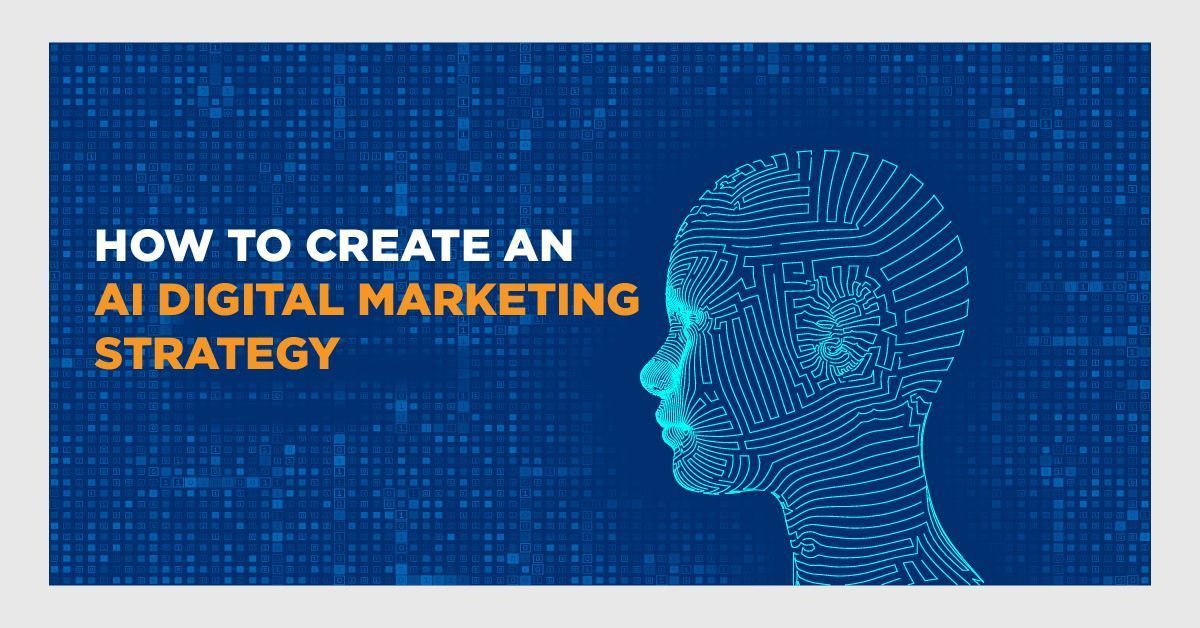
How to Create an AI Digital Marketing Strategy
Creating an AI-driven digital marketing strategy involves integrating artificial intelligence tools to enhance decision-making, improve customer targeting, and automate processes. Here’s a step-by-step guide to developing an effective AI-powered marketing strategy:
Conclusion
By following these steps, you'll leverage AI's power to create a more efficient, targeted, and data-driven digital marketing strategy.
1. Set Clear Objectives
- Define Goals: What do you want to achieve with your digital marketing? For example, improving customer engagement, increasing sales, or optimizing customer acquisition costs.
- KPIs: Establish Key Performance Indicators (KPIs) to measure success (e.g., conversion rates, customer lifetime value, return on ad spend).
2. Audience Segmentation & Targeting
- Use AI for Data Analysis: Leverage AI tools to analyze your audience’s behaviors, preferences, and purchase patterns. Tools like Google Analytics AI and HubSpot’s AI help in gathering insights from website traffic and customer data.
- Predictive Analytics: AI can predict future behaviors based on past data. Use this to identify high-value customer segments and tailor content accordingly.
3. Content Creation and Personalization
- AI-Generated Content: Tools like Copy.ai, Jasper.ai, and ChatGPT can create blog posts, social media updates, and ad copy. This saves time while maintaining high-quality output.
- Personalized Recommendations: AI can provide personalized product or service recommendations to customers. Amazon and Netflix are examples of companies that use this to drive engagement.
4. Optimize Paid Advertising
- Programmatic Advertising: Use AI for real-time bidding and placement of ads on platforms like Google Ads or Facebook Ads. AI tools optimize bids and ad placement based on audience behavior.
- AI for Ad Copy and Creative: Platforms like Phrasee and AdCreative.ai help generate optimized ad copy, headlines, and images, which can boost engagement and conversions.
- A/B Testing: Automate A/B testing using AI to rapidly assess the best-performing ads, creative, or landing pages.
5. Chatbots and Conversational Marketing
- AI-Powered Chatbots: Integrate tools like Drift, Intercom, or ManyChat for conversational AI to provide real-time responses to customer queries, engage leads, and offer customer support.
- 24/7 Availability: This ensures that customers have immediate assistance, improving satisfaction and lead conversion.
6. Customer Relationship Management (CRM) and AI
- AI-Powered CRMs: Utilize tools like Salesforce Einstein or Zoho CRM with AI integrations to predict lead scores, suggest next steps, and offer personalized engagement tactics.
- Lead Scoring: AI can analyze customer interactions and assign scores to leads based on their likelihood to convert.
7. Email Marketing Automation
- Personalization at Scale: Use AI tools like Mailchimp’s AI-powered recommendations to send highly personalized email campaigns based on customer behavior, past purchases, and preferences.
- Automated Follow-ups: Set up AI-powered workflows that automatically send follow-up emails based on user actions, such as cart abandonment or previous engagement.
8. Sentiment Analysis for Brand Monitoring
- Monitor Social Media with AI: Tools like Brandwatch or Sprinklr use AI to analyze online mentions of your brand. This provides insight into customer sentiment and helps you adapt messaging or strategy in real time.
- Real-time Engagement: Use AI to identify trending topics or conversations relevant to your brand and engage in real time.
9. SEO and Content Optimization
- AI-Powered SEO Tools: Use tools like SurferSEO, Frase, and MarketMuse to optimize content for SEO, analyze competitors, and find keyword opportunities.
- Voice Search Optimization: AI can help optimize content for voice search, an increasingly popular way users find information online.
10. Data-Driven Decision Making
- AI Analytics Tools: Leverage platforms like Google Analytics 4 (GA4), IBM Watson Analytics, or Tableau with AI capabilities to generate insights, predict trends, and inform decision-making based on real-time data.
- Predictive Customer Behavior: AI models can forecast trends in customer behaviors and suggest proactive adjustments to campaigns.
11. Integrate AI Across Platforms
- Marketing Automation Platforms: Use AI-driven platforms like HubSpot, Marketo, or Active Campaign to consolidate marketing efforts across channels, from email to social media, ensuring consistency and data-driven decision-making.
12. Evaluate and Refine Strategy
- Constant Optimization: AI tools can continually track performance across different channels and suggest improvements in real-time. Implement these insights and adjust campaigns as needed.
- AI Feedback Loop: Use the insights from AI tools to inform your overall marketing strategy and continuously improve it.
Tools for an AI Digital Marketing Strategy:
- Google Analytics 4 (GA4) for AI-powered analytics
- HubSpot for AI-driven CRM and marketing automation
- Jasper.ai or Copy.ai for content generation
- Drift for conversational marketing and chatbots
- SurferSEO for SEO optimization
Conclusion
By following these steps, you'll leverage AI's power to create a more efficient, targeted, and data-driven digital marketing strategy.
